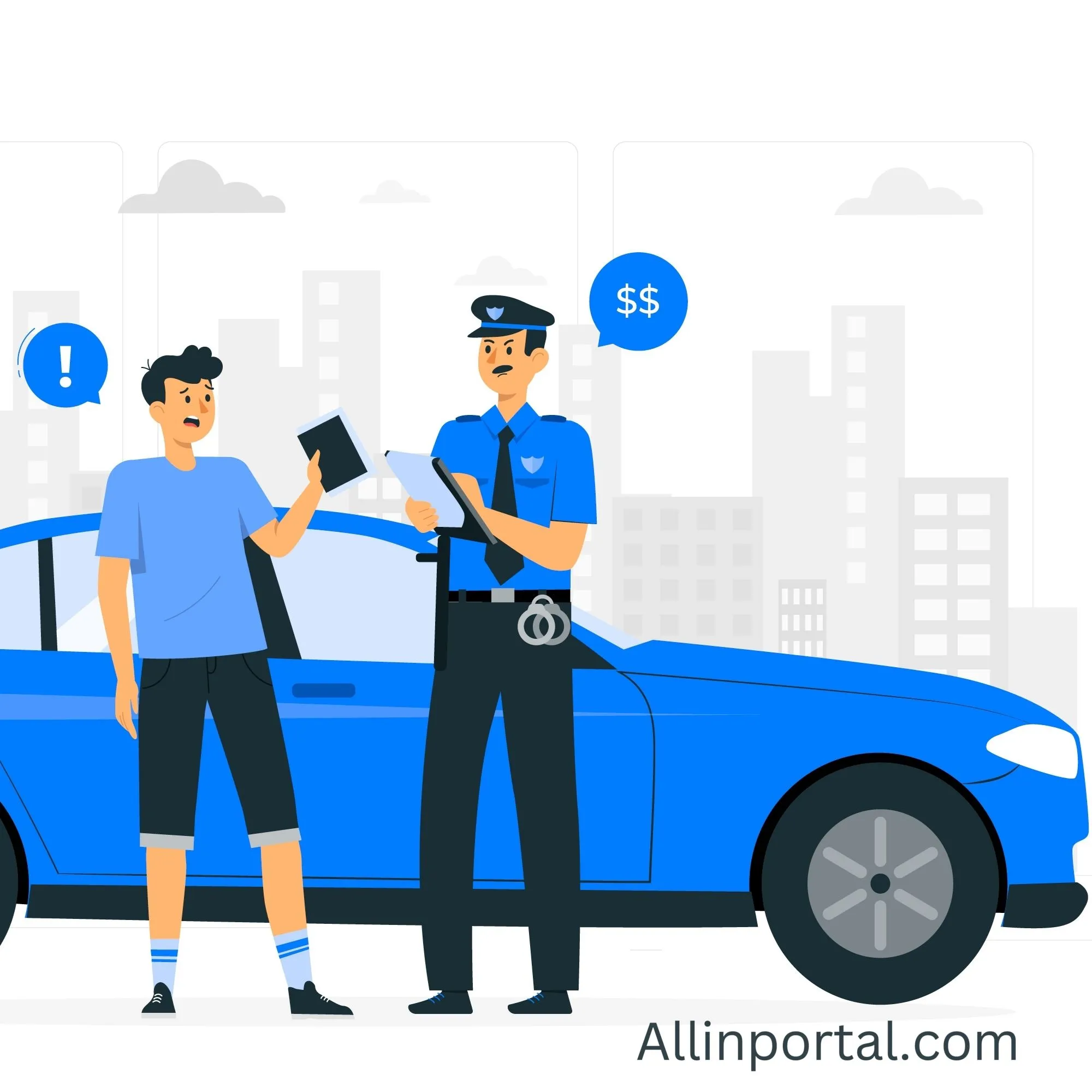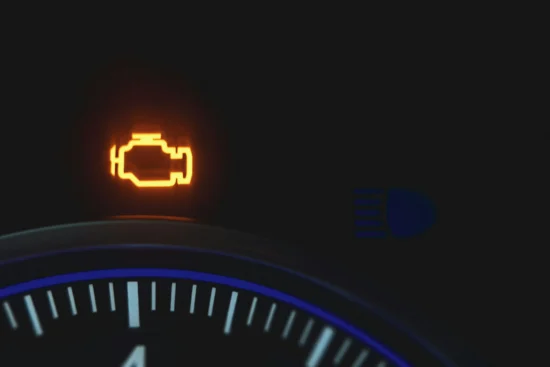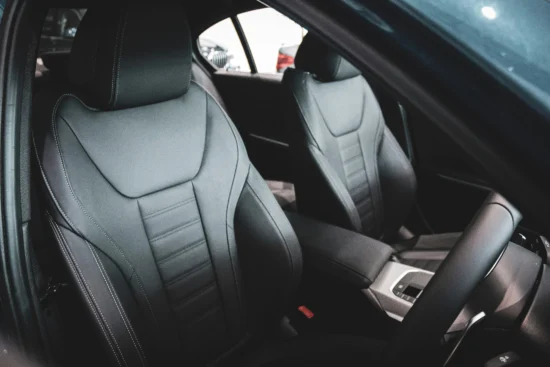
Table of Contents

Can a Cop Search Your Car Without a Warrant: When Can Police Search Your Vehicle Without a Warrant?
Have you ever been pulled over by the police and wondered whether they can search your car without your permission or a warrant? It’s a common question that many people ask, especially when they find themselves in an awkward or stressful encounter with law enforcement. Can a Cop Search Your Car Without a Warrant? Understanding Your Rights: The answer isn’t as simple as “yes” or “no”—there are several factors that can determine whether a police officer can search your car without a warrant.
Can a Cop Search Your Car Without a Warrant: In this blog, we will explore the legal framework surrounding car searches, the exceptions to the warrant rule, and your rights when it comes to interacting with law enforcement. By understanding these legal principles, you’ll be better equipped to handle situations involving police searches.
1. The Fourth Amendment: The Foundation of Your Right to Privacy
The Fourth Amendment of the U.S. Constitution is central to the question of whether a police officer Can a Cop Search Your Car Without a Warrant?. It protects citizens from unreasonable searches and seizures, which means that in general, law enforcement needs a warrant or probable cause to search your vehicle.
However, the Fourth Amendment does allow for certain exceptions. These exceptions provide police officers the authority to search vehicles in specific circumstances without needing a warrant.
2. The General Rule: Police Need a Warrant to Search Your Car
As a general rule, police officers must have a warrant to search your car. A warrant is typically issued by a judge who believes that there is probable cause to conduct a search. Probable cause means that law enforcement has reasonable grounds to believe that your car contains evidence of a crime, such as drugs, weapons, or stolen goods.
Can a Cop Search Your Car Without a Warrant? Without a warrant, a search can only happen under specific circumstances, as discussed in the next sections.

3. Exceptions to the Warrant Requirement
While the Fourth Amendment protects against unreasonable searches, there are several key exceptions where police officers can search your car without a warrant.
3.1. Probable Cause
Probable cause is one of the most important exceptions to the warrant requirement. If a police officer has probable cause to believe that your vehicle contains illegal items—such as drugs, weapons, or contraband—they can search it without a warrant. For example, if an officer smells marijuana, sees drug paraphernalia in plain view, or spots an open container of alcohol in your car, they may have probable cause to conduct a search.
3.2. Consent
If you voluntarily give consent to a police officer to search your car, no warrant is required. Consent must be given freely and voluntarily, and you have the right to refuse the search. It’s crucial to remember that you do not have to allow the search if you don’t feel comfortable. Simply saying, “I do not consent to a search,” is enough to protect your rights.
3.3. Search Incident to Arrest
When a person is arrested, law enforcement has the right to search the person’s vehicle incident to the arrest. This means that if you are arrested, officers can search your car as part of the process. However, the search must be related to the arrest and typically focuses on areas where weapons or evidence related to the arrest might be found.
For example, if you are arrested for drug possession, the police can search your car for additional drugs or related items.
3.4. Plain View Doctrine
The plain view doctrine allows police officers to seize evidence they see in plain sight during a lawful stop or search. For example, if an officer pulls you over for a traffic violation and sees a bag of drugs sitting on your passenger seat, they can legally seize that evidence without a warrant because it was in plain view.
However, the officer must have a legal reason for being able to see the evidence in question. If the officer doesn’t have a legitimate reason to be in the area or position where they see the evidence, the plain view doctrine doesn’t apply.

4. The Automobile Exception: Why Cars Are Different
Can a Cop Search Your Car Without a Warrant? Cars are considered mobile by law, meaning they can be quickly moved or driven away, potentially allowing evidence to be destroyed or concealed. Due to this mobility, the U.S. Supreme Court has created what’s called the automobile exception, which allows police officers to search a vehicle without a warrant if they have probable cause to believe it contains evidence of a crime.
The automobile exception recognizes that waiting for a warrant can be impractical in some cases because of the potential for evidence to be lost or moved. As a result, if an officer has probable cause to believe that there is evidence in your car, they can search it without a warrant—even though they would need a warrant for a house search under similar circumstances.
5. Searches at Roadblocks and Checkpoints
Police sometimes set up roadblocks or checkpoints for specific purposes, such as DUI checkpoints or border patrol stops. While police are allowed to stop vehicles at these checkpoints, they cannot search your car without a valid reason.
If an officer suspects you are driving under the influence or finds evidence of illegal activity during a checkpoint stop, they may have probable cause to search your car. However, the stop and search must be lawful in nature and not based solely on a general suspicion.
6. What Should You Do If You Are Asked to Let an Officer Search Your Car / Can a Cop Search Your Car Without a Warrant? Understanding Your Rights?
If a police officer asks to search your car, you have the right to refuse consent. Here’s what you can do:
- Remain calm and polite: Being respectful can prevent the situation from escalating.
- Know your rights: You are not required to give consent for a search. Simply say, “I do not consent to a search.”
- Ask if you are free to leave: If you are not being detained, ask the officer if you can leave.
Can a Cop Search Your Car Without a Warrant? If the officer insists on searching your vehicle without consent, and without probable cause or other legal justification, you may have grounds for legal action later on.

7. What Happens If a Cop Searches Your Car Without a Warrant or Consent?
Can a Cop Search Your Car Without a Warrant? If a police officer searches your vehicle without a warrant, probable cause, or your consent, the search may be considered illegal. Evidence obtained from an unlawful search may be inadmissible in court. This is because the exclusionary rule prevents illegally obtained evidence from being used in criminal proceedings.
If you believe that your rights were violated during a search, it’s important to document the incident and contact an attorney for legal advice.
8. Conclusion: Understanding Your Rights and Protecting Yourself
Can a Cop Search Your Car Without a Warrant: In summary, while the Fourth Amendment generally protects you from unreasonable searches and seizures, there are exceptions that allow police to search your car without a warrant. These include situations where there is probable cause, consent, a search incident to arrest, or evidence in plain view. Understanding these exceptions will help you navigate encounters with law enforcement more effectively.
Can a Cop Search Your Car Without a Warrant? Understanding Your Rights: Remember, you have the right to refuse a search, and if you feel your rights are being violated, it’s important to stay calm, assert your rights, and seek legal counsel if necessary.

FAQs
1. Can a Cop Search Your Car Without a Warrant? Understanding Your Rights?
No, police cannot search your car without consent unless they have probable cause or another valid exception to the warrant requirement.
2. Can police search my car if they smell marijuana?
Yes, if a police officer smells marijuana or has another valid reason to believe illegal substances are in your car, they may search it without a warrant.
3. Can a Cop Search Your Car Without a Warrant?
You have the right to refuse consent. Politely tell the officer, “I do not consent to a search.”
4. Can police search my car if I am arrested?
Yes, police can search your car if you are arrested, as long as the search is related to the arrest and lawful.
5. Can a Cop Search Your Car Without a Warrant?
If a search is illegal, any evidence found may be excluded from court, and you may have grounds for legal action.





Leave a Reply